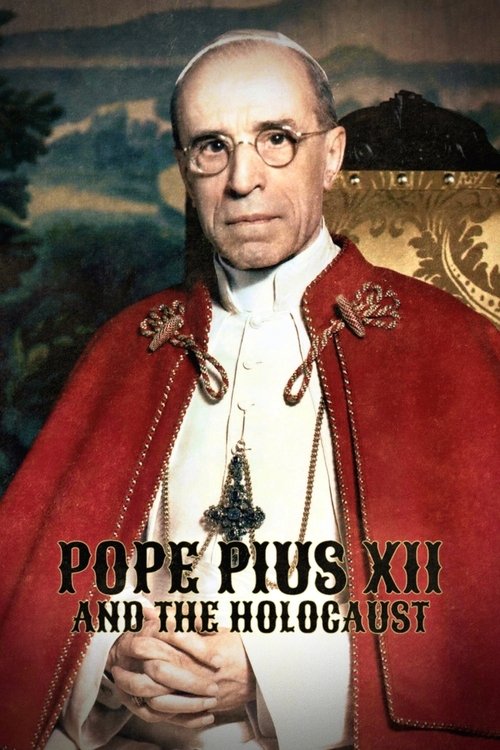
Ask Your Own Question
What is the plot?
More Movies Like This
Browse All Movies →What is the ending?
In the ending of "Louis van Beethoven," Beethoven faces the culmination of his struggles with deafness and personal relationships. He completes his final symphony, reflecting on his life and the legacy he will leave behind. The film concludes with a poignant moment of acceptance and resolution, as Beethoven finds peace in his music despite the challenges he has faced.
As the final scenes unfold, we see Beethoven in his later years, grappling with the profound silence that has enveloped him due to his deafness. The setting is dimly lit, with shadows playing across the walls of his modest home, symbolizing the isolation he feels. He sits at his piano, fingers hovering over the keys, a mixture of frustration and determination etched on his face. The weight of his past--his struggles with his father, his relationships with friends and family, and the burden of his genius--hangs heavily in the air.
In a flashback, we witness moments from his youth, where the passion for music ignited within him. These memories contrast sharply with his current state, highlighting the stark difference between the vibrant young composer and the isolated man he has become. The film intersperses these memories with scenes of his contemporaries, who are both in awe of his talent and concerned for his well-being.
As Beethoven continues to compose, he is visited by his loyal friend, Anton Schindler. Schindler, who has been a steadfast supporter throughout Beethoven's life, encourages him to embrace his music as a means of communication with the world. Their conversation is filled with warmth, yet tinged with sadness, as Schindler expresses his fears about Beethoven's health and the toll his deafness has taken on him. Beethoven, however, remains resolute, insisting that his music is his true voice.
In the climactic moment, Beethoven finally completes his final symphony. The scene is filled with a sense of triumph and catharsis. He stands before the piano, his hands moving with a fervor that belies his physical limitations. The music swells, and we see flashes of the audience that will one day hear his work, their faces filled with wonder and appreciation. This moment serves as a testament to his enduring spirit and the power of his art.
As the film draws to a close, we see Beethoven in a moment of quiet reflection. He gazes out of the window, the light of the setting sun casting a golden hue over his face. There is a sense of acceptance in his expression, as he comes to terms with his legacy. The final shot lingers on his hands resting on the piano, a symbol of both his struggles and his triumphs.
In the end, Beethoven's fate is one of bittersweet resolution. He may have lost his hearing, but he has not lost his ability to create. His music will live on, transcending the silence that surrounds him. Schindler, having been a loyal friend, remains by his side, ensuring that Beethoven's contributions to the world of music are recognized and celebrated. The film closes with a sense of hope, emphasizing that even in the face of adversity, the human spirit can find a way to express itself through art.
Is there a post-credit scene?
The movie "Louis van Beethoven," produced in 2020, does not feature a post-credit scene. The film concludes its narrative without any additional scenes after the credits roll, focusing instead on the life and legacy of the composer Ludwig van Beethoven. The ending emphasizes his struggles and triumphs, leaving the audience with a poignant reflection on his impact on music and the world.
What challenges does Beethoven face in his early life that shape his character?
In his early life, Beethoven faces numerous challenges that significantly shape his character. He endures a tumultuous childhood marked by an abusive father who forces him into music to earn money. This pressure instills in him a fierce determination to succeed, but it also leads to deep emotional scars. As he navigates the complexities of his family life, he grapples with feelings of isolation and the burden of expectation, which fuel his passion for music but also contribute to his inner turmoil.
How does Beethoven's relationship with his father influence his music career?
Beethoven's relationship with his father is fraught with tension and conflict. His father's alcoholism and harsh treatment create a toxic environment that drives Beethoven to seek solace in music. This strained relationship instills in him a relentless drive to prove himself, pushing him to excel despite the emotional pain. The fear of failure and the desire for approval from his father become powerful motivators in his pursuit of a successful music career.
What role do Beethoven's friends and mentors play in his development as a composer?
Beethoven's friends and mentors play crucial roles in his development as a composer. Figures like Joseph Haydn and other contemporaries provide guidance and support, helping him refine his skills and navigate the complexities of the music world. Their encouragement and belief in his talent bolster his confidence, allowing him to explore innovative ideas and push the boundaries of classical music. These relationships are pivotal in shaping his artistic identity and fostering his growth as a composer.
How does Beethoven cope with his hearing loss throughout the film?
Throughout the film, Beethoven's coping with his hearing loss is depicted with profound emotional depth. Initially, he struggles to accept the reality of his condition, experiencing despair and frustration as he realizes the impact it has on his music. However, as he comes to terms with his deafness, he learns to rely on his inner ear and memory, finding new ways to compose. This journey reflects his resilience and determination, showcasing his ability to adapt and innovate despite overwhelming challenges.
What significant events in Beethoven's life lead to his most famous compositions?
Significant events in Beethoven's life, such as personal losses, struggles with his identity, and his evolving understanding of music, lead to the creation of his most famous compositions. The death of his beloved brother, for instance, deeply affects him and inspires works that convey profound emotion and complexity. Additionally, his experiences with love, rejection, and societal expectations fuel his creativity, resulting in masterpieces that resonate with the human experience and showcase his genius.
Is this family friendly?
The movie "Louis van Beethoven," produced in 2020, is generally considered family-friendly, but it does contain some themes and scenes that may be sensitive for younger viewers or those who are particularly sensitive. Here are a few aspects to consider:
-
Family Struggles: The film explores Beethoven's challenging relationship with his father, who is depicted as harsh and abusive. This dynamic may be upsetting for children or sensitive viewers.
-
Loss and Grief: There are moments that touch on loss, including the death of loved ones, which could evoke strong emotions.
-
Isolation and Loneliness: Beethoven's struggles with his hearing loss and the resulting isolation can be poignant and may resonate deeply, potentially causing discomfort.
-
Emotional Turmoil: The film delves into Beethoven's internal conflicts and frustrations, showcasing moments of despair and anger that might be intense for younger audiences.
-
Historical Context: Some scenes reflect the societal pressures and expectations of the time, which may include themes of class struggle and personal sacrifice.
While these elements are integral to the narrative and character development, they may require parental guidance for younger viewers to help contextualize the emotional weight of the story.










































